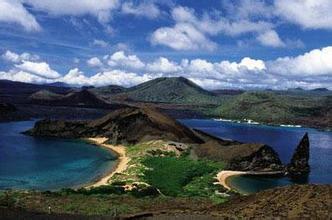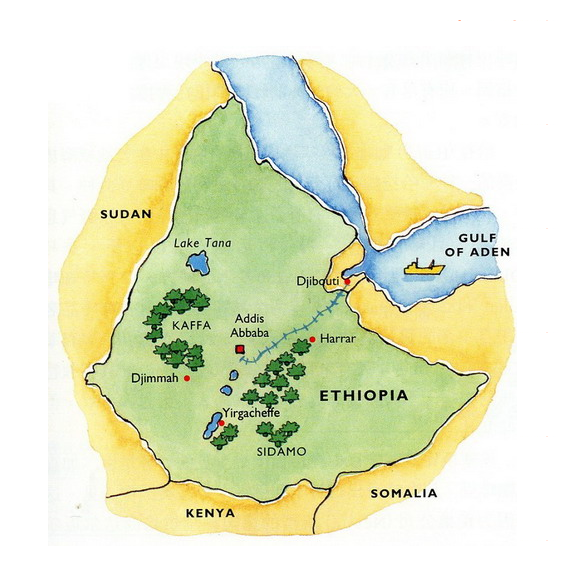African Coffee Manor in Ethiopia Sun Moka Lekempti Lacamti Coffee Raw Bean
CONTENT
Ethiopia is the first country in the world to grow coffee and maintain the oldest coffee culture. To this day, it still maintains a very traditional and ancient coffee growing process. Latitude 6 to 9 degrees north. Tropical forests 34 to 40 degrees east longitude and 1600 to 1800 m above sea level. Harald is not only the most expensive coffee in the world, but also a beautiful legend.
At a time when the means of transport were still underdeveloped, especially when horses were the main means of transportation, high-quality thoroughbred horses became the goal that people pursued and longed for, and at this time Harald in Ethiopia had the best thoroughbred horses in the world. So they initially classified the coffee grade as "quality coffee is as important as horses of purebred blood."
So the bags of raw Harald coffee beans we saw are still printed with pictures of horses. This traditional packaging has been maintained until now. The appearance and taste of Harald coffee itself can be seen as a high grade.
People in Ethiopia began chewing coffee and spices together in the sixth century, and it was most common for hunters to wrap coffee in bacon as the best dry food, so that they could have enough to eat and have the spirit to hunt. So chewing coffee as a tradition.
In the mid-13th century, Ethiopia was already using pans as a tool for roasting coffee, leading the development of coffee culture. "Moca" is civilized as the world's earliest and once the largest port of coffee trade (now the port of Moca has dried up)
However, the coffee produced throughout the region has a chocolate aftertaste, and people still like to call it "Mocha" or chocolate-flavored coffee.

Source: Devi Coffee
Important Notice :
前街咖啡 FrontStreet Coffee has moved to new addredd:
FrontStreet Coffee Address: 315,Donghua East Road,GuangZhou
Tel:020 38364473
- Prev

World Coffee Manor South America: Galapagos Islands Galapagos Islands coffee beans
In South America, which is famous as the host country, more than 900 kilometers off the west coast of Ecuador, near the equator with 90 degrees west longitude, there are a group of islands hanging in the vast Pacific Ocean, that is, the Galapagos Islands, also known as Cologne Island. It can be said that the Galapagos Islands of Ecuador is one of the loneliest and most beautiful islands in the world, which is called a unique living biological evolution treasure.
- Next

African Coffee Manor Ethiopian Yirgacheffe Coffee Green Bean Yirgacheffe G 2 Wash
Chinese Name: Ethiopia Yirgacheffe Green Bean English Name: Ethiopia Yirgacheffe G.2 Commodity Specification: 1000g Coffee Country: Ethiopia Growing Elevation: Above 1, 600m Coffee Grade: Grade 2 Processing Method: Washing Roasting Degree: Medium (city Roast+)/Depth Why is it called Yirgacheffe? A lot of friends are asking us, from above
Related
- Does Rose Summer choose Blue, Green or Red? Detailed explanation of Rose Summer Coffee plots and Classification in Panamanian Jade Manor
- What is the difference between the origin, producing area, processing plant, cooperative and manor of coffee beans?
- How fine does the espresso powder fit? how to grind the espresso?
- Sca coffee roasting degree color card coffee roasting degree 8 roasting color values what do you mean?
- The practice of lattes: how to make lattes at home
- Introduction to Indonesian Fine Coffee beans-- Java Coffee producing area of Indonesian Arabica Coffee
- How much will the flavor of light and medium roasted rose summer be expressed? What baking level is rose summer suitable for?
- Introduction to the characteristics of washing, sun-drying or wet-planing coffee commonly used in Mantenin, Indonesia
- Price characteristics of Arabica Coffee Bean Starbucks introduction to Manning Coffee Bean Taste producing area Variety Manor
- What is the authentic Yega flavor? What are the flavor characteristics of the really excellent Yejasuffi coffee beans?

